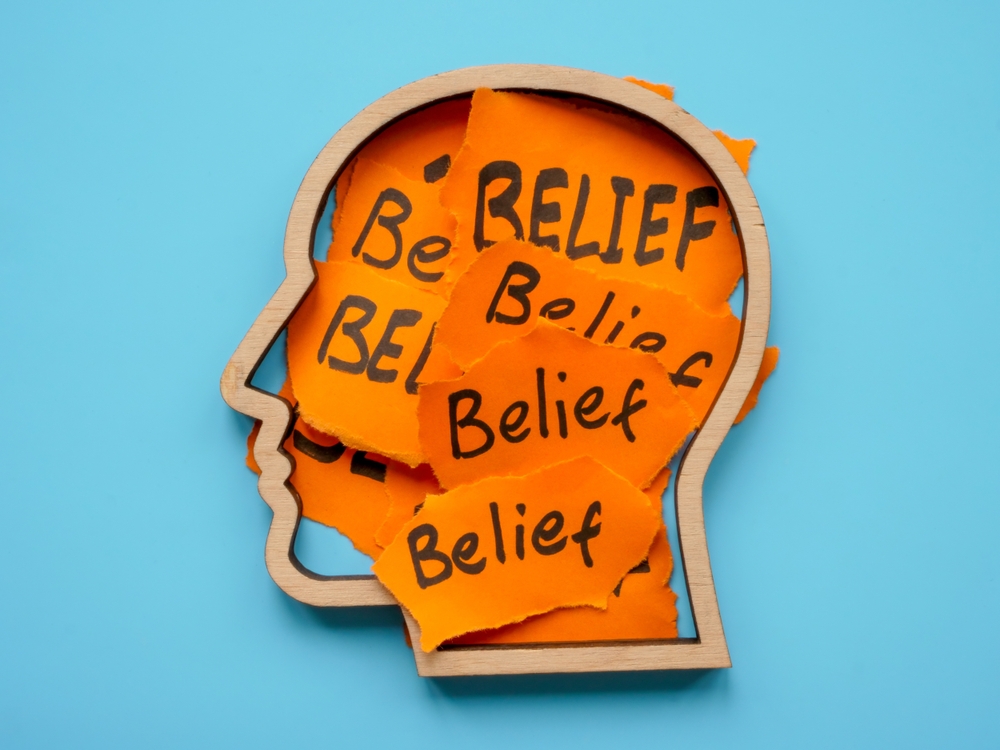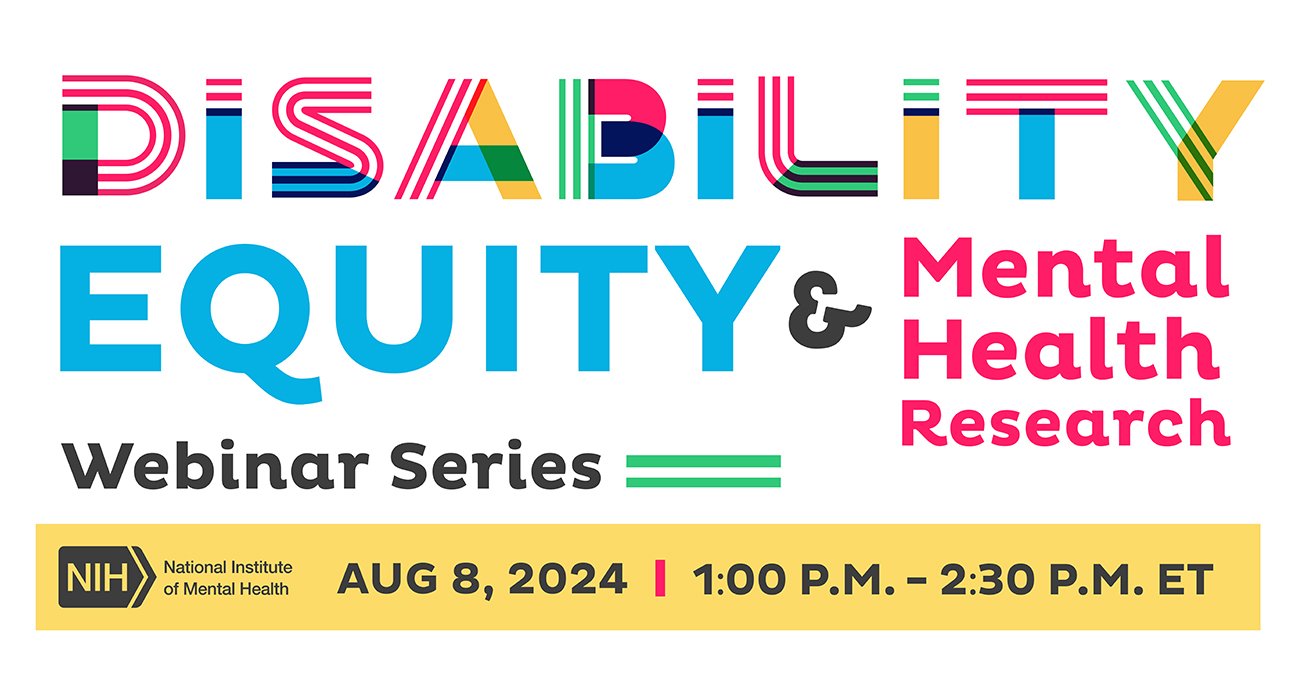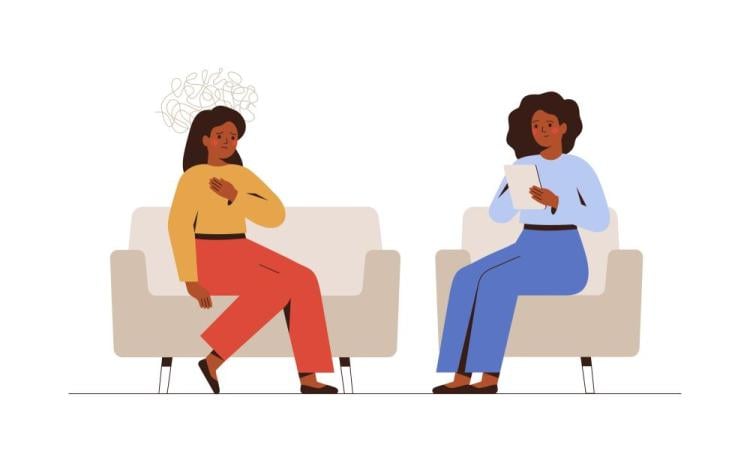
Refugees and asylum seekers are more susceptible to mental health disorders and psychological symptoms after being exposed to forced displacement, war, persecution and trauma.
However, the cognitive mechanism underlying the development of mental illness among refugees remains poorly understood, impeding the development of cognitive interventions for this population.
What do we already know?
Interpersonal trauma
- Interpersonal trauma is common among refugees and can lead to negative beliefs towards others.
- Negative beliefs about others have been found to be associated with worse PTSD and depression symptoms.
- Greater benevolence beliefs about people are more likely to result in better social engagement.
Self-efficacy
- Self-efficacy refers to an individual’s beliefs about his or her ability to perform a task.
- Some preliminary evidence has shown that increasing self-efficacy is related to better psychological outcomes.
- Interventions focused on improving self-efficacy among refugees may be associated with fewer psychological symptoms.
What do we want to discover?
It is important to understand the relationship between beliefs about self and others and psychological outcomes in refugees. Findings from previous cross-sectional studies investigating the relationship between beliefs about self and others and psychological outcomes might be problematic, as outcomes might precede exposures, so this might not allow for effects to be observed over time. Furthermore, outcomes measured by previous studies might be limited, as most of them only focused on psychological symptoms, while the effect of beliefs can be projected not only from psychological but also from social perspectives.

What is the long-term relationship between trauma exposure, beliefs about self and others, and social and psychological outcomes in refugee communities?
Methods
In order to gain valuable insights into the lives of refugees and asylum seekers, this study used a longitudinal design, which allowed researchers to follow participants over an extended period of time.
The participants were a diverse sample of 1,079 Refugees or asylum seekers who speak Farsi, Tamil or English and live in AustraliaThe researchers chose to study these languages because they accounted for half of successful refugee status applications in Australia between 2012 and 2015. Participants were recruited through social media platforms, advertisements posted on refugee support services, and by asking participants for contact details of family and friends who might be interested in participating.
The following outcomes were measured on questionnaires/scales: PTSD symptoms, depressive symptoms, self-efficacy, beliefs about trust and getting along with others in the community, traumatic events, common stressors in refugees, feelings of anger, and levels of social engagement. To ensure the cultural appropriateness of the questionnaires, the researchers translated them into Arabic, Farsi, and Tamil, and then translated them back into the original language to compare for inconsistencies. They then pilot-tested the questionnaires in refugee populations to ensure that the measures were culturally appropriate.
Data collection took place at two points in time: first, between April 2015 and January 2018, and then six months later. Remarkably, 1007 of the original 1079 people participated at the second point in time, allowing for a large amount of information to be available for analysis. Participants were sent an online questionnaire or a paper version by post if they did not have internet access, which enabled inclusion.
Results
Exposures to potentially traumatic events (PTEs)
- Negatively linked to self-efficacy and positive beliefs about others.
- The higher the PTEs at Time 1, the lower the self-efficacy and positive beliefs about others at Time 2 (6 months later).
Self-efficacy
- Higher self-efficacy at time point 1 is associated with lower depression and anger at time point 2
- Higher self-efficacy at time 1 is associated with greater positive beliefs about others.
Positive beliefs about others
- Greater positive beliefs about others at time 1 are associated with greater self-efficacy at time 2
- Greater positive beliefs about others at time 1 are associated with greater depression at time 2.
Psychological symptoms and social involvement
- More severe PTSD symptoms at Time 1 were associated with lower self-efficacy at Time 2
- Greater depression at time 1 is associated with more positive beliefs about others at time 2
- Lower anger at time 1 is associated with higher positive beliefs about others at time 2
- Higher social engagement at Time 1 predicted higher positive beliefs about others at Time 2.

Greater exposure to traumatic events was associated with lower self-efficacy and lower positive beliefs about others.
Conclusions
This is the first study to longitudinally explore the association between beliefs about self and others and key psychological and social outcomes for refugees.Cognitive variables are important for the maintenance of psychological symptoms over time. Specific interventions targeting cognition promote positive post-traumatic mental health by supporting displaced, persecuted or conflict-affected populations.

Cognitive mechanisms significantly affect the maintenance of psychological outcomes in displaced people.
Strengths and Limitations
This study has certain limitations. The results may not be generalisable to wider refugee communities, as this sample over-represents highly educated refugee participants. In reality, the vast majority of refugees seeking asylum in the UK and other Western countries do not have a higher education level and are often prevented from continuing their education during the asylum process; UNHCR reports that over 50% of refugee children are not enrolled in school. Other concerns are noted about the cross-cultural validity of the results, as most of the study constructs were drawn from a Westernised context. The questionnaire’s dichotomous items about others’ beliefs may limit participants’ ability to adequately assess the outcome and affect its validity. It is also important to note that standardised questionnaires and measures often fail to reflect the ethnocultural experience of refugee communities in the Global South.
Future studies addressing the temporal connection between complex PTSD and cognitive appraisals related to self and others could be conducted qualitatively to better capture the psychological processes underlying complex PTSD and guide the development of interventions.

The sample may not have been representative of the general refugee population or those with lower educational levels.
Implications for Practice
The findings may inform the approach taken by clinicians working on the frontline with refugee and asylum-seeking communities, both at the assessment and treatment stages. At the point of entry to mental health services, clinicians may explore and identify the cognitive processes of their service users through semi-structured interviews. Considering the finding that refugees with greater exposure to traumatic events may not have positive views of others could inform how clinicians approach therapeutic rapport and understanding.
Psychological assessments, if done well, can build trust between the service user and the physician and mutually lead to a decision on which line of psychological intervention would be most helpful.
During treatment, clinicians can work integratively, drawing on different psychological models without ignoring the importance of focusing on cognitive beliefs and helping people deconstruct negative thoughts about themselves and others, while anchoring positive events and encouraging post-traumatic growth.

Clinicians working with refugees can help them deconstruct and challenge unhelpful negative beliefs about themselves and others to foster resilience and recovery.
Declaration of interests
There are no conflicts of interest to declare.
Collaborators
Thanks to UCL Masters in Mental Health Students who wrote this Rowe blog A group of students: Demetra Christodoulou, Owen Ho Hin Chu, Dimitris Santorinaios, Zhixing Yang, Sheila Greenan, Clover Zhang and Rameezah Asad.
UCL Master of Mental Health Studies
This blog has been written by a group of students in Master of Science in Clinical Mental Health at University College London. You can find a full list of UCL Masters student blogs here, and you can follow the Mental Health Studies Masters team on Twitter.
We regularly publish blogs written by individual students or groups of students studying at universities that subscribe to the National Elf Service. Please contact us if you would like to find out more about how this could work at your university.
Links
Primary role
Nickerson, A., Byrow, Y., O’Donnell, M., Bryant, R.A., Mau, V., McMahon, T., & Liddell, B.J. (2022). Cognitive mechanisms underlying the association between trauma exposure, mental health, and social engagement in refugees: A longitudinal investigation. Journal of Affective Disorders307, 20-28. https://doi.org/10.1016/j.jad.2022.03.057






